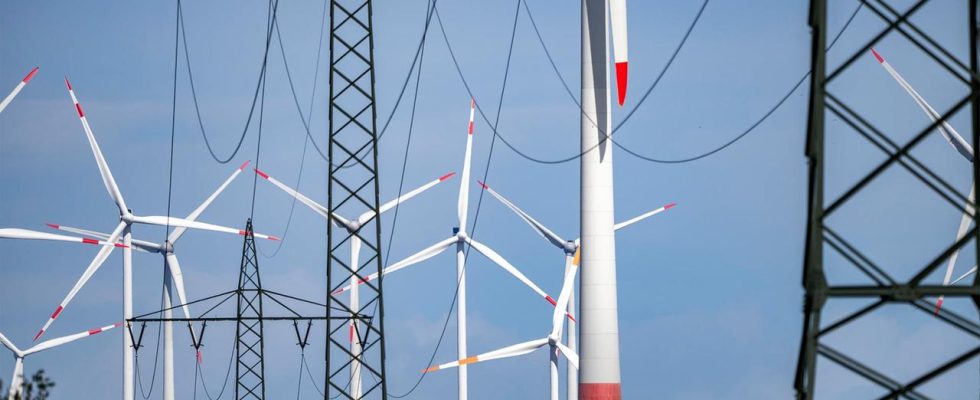Producer prices in Germany have recently fallen significantly. Energy in particular became cheaper. However, food prices continued to rise, especially sugar and potatoes.
In Germany, prices at manufacturer level fell again more sharply at the end of 2023. In December, producer prices fell by 8.6 percent year-on-year, as the Federal Statistical Office in Wiesbaden announced. The decline was slightly greater than in November, when prices fell by 7.9 percent.
In 2023 as a whole, producer prices were 2.4 percent lower than a year earlier, it said. “The last time there was a sharper decline compared to the previous year was in 2009,” it said. “However, producer prices remained at a high level in 2023.”
fruit and Vegetable products 12 percent more expensive
The decline in producer prices in December was once again due to the decline in energy prices, but intermediate goods were also cheaper year-on-year. According to the information, energy was 23.5 percent cheaper than a year before. In a month-on-month comparison, energy prices fell by 3.7 percent.
Food, on the other hand, cost an average of 2.8 percent more than in the same month last year. 10.5 percent more were charged for sugar and 13.5 percent more for processed potatoes. For fruit and vegetable products the increase was 12.4 percent. Untreated vegetable oils were particularly cheaper (minus 28.7 percent).
Inflation indicator
A statistical base effect continues to cause prices to fall. In 2022, the prices that manufacturers receive for their goods rose at a record rate of 45.8 percent. The main reason was Russia’s war of aggression against Ukraine, which made energy and many raw materials skyrocket. However, prices have now fallen again, which is also depressing inflation at the company level.
Producer prices capture price pressure at the manufacturer level by reflecting the producers’ sales prices. The development also tends to have an impact on consumer prices, which the European Central Bank (ECB) bases its monetary policy on. Because of high inflation, the ECB has raised its key interest rates significantly, but has not changed them in recent months.
Food prices rise more slowly across the EU
Across the EU, price increases for food and other agricultural products slowed significantly last year. As the statistical office Eurostat announced today, according to preliminary estimates, the average price for agricultural goods rose by two percent compared to 2022. Between 2021 and 2022, prices rose by around 24 percent.
However, there are big differences depending on the product. In 2023, olive oil prices rose massively by 54 percent year-on-year. Potato prices rose by around 23 percent. Grain, on the other hand, became cheaper.

